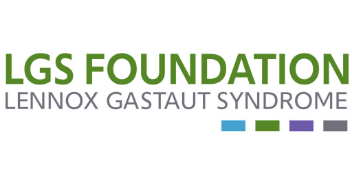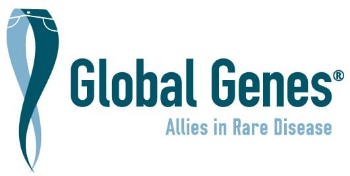PATIENT RESOURCES
Community Education & Resource Hub
Knowledge is a powerful tool for rare neurological disease communities. The following educational and advocacy resources are designed to help empower patients and families, who are at the heart everything we do.
Jump to: Narcolepsy Resources | Sleep/Wake Resources | Fragile X Syndrome Resources | Rare Epilepsy Resources | Rare Disease Resources
Narcolepsy Resources
Narcolepsy is a rare, chronic, debilitating neurological disorder of sleep-wake state instability. Narcolepsy impacts approximately 170,000 Americans and is primarily characterized by excessive daytime sleepiness, cataplexy, and other manifestations of REM sleep dysregulation, which intrude into wakefulness. In most patients, it is caused by the loss of hypocretin, a neuropeptide in the brain that supports sleep-wake state stability.
This disorder affects men and women equally, with typical symptom onset in adolescence or young adulthood; however, it can take up to a decade to be properly diagnosed. Narcolepsy can cause significant burden on patients and their families, affecting their ability to perform routine tasks, limiting achievement at school and work, impacting social relationships, and causing impairment in overall quality of life.

Learn More About Narcolepsy
Explore information about the patient experience of living with narcolepsy, including its impact on daily living and more.
KNOW NARCOLEPSY® SURVEY RESULTS FDA Voice of the Patient: NarcolepsyFragile X Syndrome Resources
Fragile X syndrome (FXS) is a rare genetic disorder that may cause intellectual disability, developmental delays, behavioral and learning challenges, and various physical features. It’s estimated that approximately 1 in 4,000 to 7,000 males and 1 in 8,000 to 11,000 females have FXS. Individuals can face challenges with learning disabilities to more severe cognitive or intellectual disabilities.

Learn More About FXS
Stay informed about this rare genetic condition, including signs and symptoms, causes, diagnosis, and more.
DISCOVER MORE FXS FACTSRare Epilepsy Resources

















